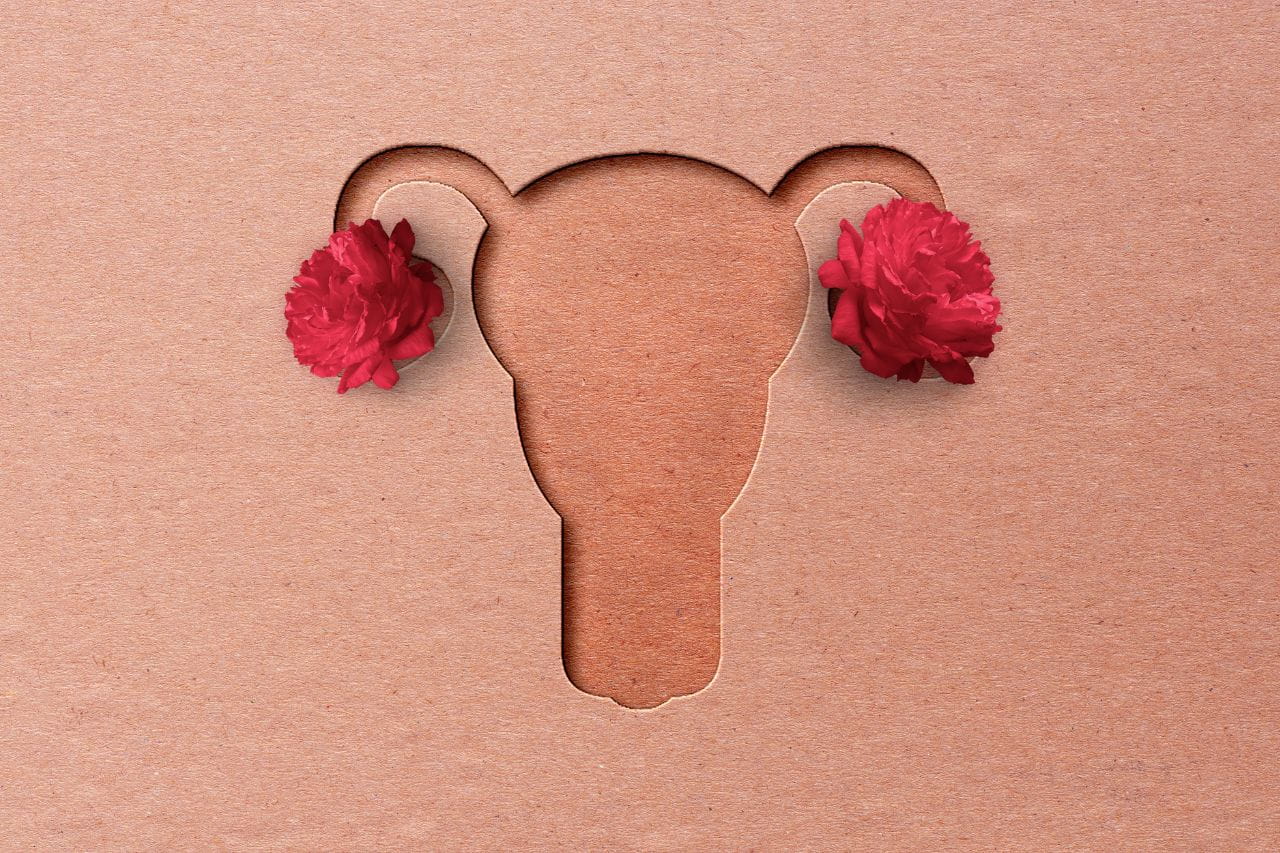How Do Diet Trends Affect Hormones?

How Do Diet Trends Affect Hormones?
What you eat has a profound impact on your overall health. From energy levels to weight management, your dietary choices play a crucial role. However, have you considered how your food choices might be affecting your hormonal balance?
The intricate relationship between diet and hormones is a critical aspect of well-being that’s often overlooked. Understanding this connection is the first step toward optimizing your health from the inside out.
The endocrine system, a complex network of glands, produces hormones that act as chemical messengers, regulating everything from your metabolism and mood to your sleep cycles and reproductive health. The foods you consume provide the building blocks for these hormones and can directly influence their production and function. Therefore, eating for your hormones isn’t just a trendy concept; it's a fundamental aspect of maintaining a healthy equilibrium within your body. So, can a change in diet affect hormones? The answer is yes.
The Connection Between Hormones and Diet
The link between hormones and diet is deeply rooted in your body's physiological processes. Nutrients from your food, such as fats, proteins and carbohydrates, are the precursors to many hormones. For instance, cholesterol, a type of fat, is essential for producing sex hormones, such as estrogen and testosterone. Without an adequate intake of healthy fats, the production of these vital hormones can be compromised.
Another example of how diet affects hormones is that your dietary choices can impact insulin, a key hormone that regulates blood sugar levels. A diet high in refined carbohydrates and sugars can lead to insulin resistance, a condition where your cells stop responding effectively to insulin.
This not only increases your risk for type 2 diabetes but can also disrupt the balance of other hormones, such as those involved in the menstrual cycle. The question is not only can diet affect hormones, but to what extent and in what ways. The type of diet you follow can have a significant impact on your hormonal health, for better or for worse. Many foods can influence hormones in both positive and negative ways, making your diet a powerful tool for hormonal regulation.
How Different Diets Impact Hormones
Different dietary approaches can have varying effects on your hormonal landscape. Consequently, it’s helpful to learn about some popular diets and their potential impact.
Mediterranean Diet
The Mediterranean diet, rich in fruits, vegetables, whole grains and healthy fats from sources such as olive oil and fish, is renowned for its anti-inflammatory properties. This dietary pattern is associated with a lower risk of many chronic diseases, mainly due to its positive impact on the body's internal signaling pathways.
This way of eating can help improve insulin sensitivity and support the production of adrenal and sex hormones. By providing the necessary nutrients and reducing inflammation, it creates an environment that allows hormones to function optimally. It's a fantastic example of a balanced approach to eating that promotes overall hormonal harmony.
Notably, a "Green Mediterranean diet," which is even more plant-focused, may help reduce levels of cortisol, the body's primary stress hormone. Lower cortisol levels can contribute to better mood, sleep and overall health.
Keto Diet
The keto diet and hormones have a complex relationship. This high-fat, very-low-carb diet can lead to weight loss and improved insulin sensitivity in some individuals by prompting the body to use fat for energy instead of glucose.
However, the restrictive nature of the ketogenic diet may also have a downside. The severe limitation on carbohydrates, a primary energy source, can be a stressor on the body.
Long-term adherence can potentially disrupt thyroid function and lead to an increase in cortisol. The connection between a low-carb diet and hormones needs to be carefully managed, as prolonged carb restriction can sometimes signal to the body that it is in a state of stress, altering hormone production.
High-Protein Diet
A high-protein diet can be an effective strategy for weight loss and muscle maintenance. Protein intake directly influences the release of hormones that control appetite, helping you feel fuller for longer and reducing overall calorie consumption.
It works by decreasing levels of ghrelin, the "hunger hormone," while stimulating the production of satiety hormones, such as PYY and GLP-1. This hormonal shift can make it easier to manage cravings and stick to a calorie-controlled eating plan.
However, the source of protein matters. An excessively high intake of animal protein, as seen in a carnivore diet, may affect hormones in ways not yet fully understood. Balancing animal and plant-based proteins is often a recommended strategy.
Plant-Based Diet
Studies on plant-based diets and hormones indicate that both vegetarian and vegan diets, which are typically rich in fiber, antioxidants and phytonutrients, support hormonal balance and reduce inflammation.
The impact vegetarian diets have on hormones can be beneficial, especially when the diet is well-planned to include all necessary nutrients and a variety of plant foods. Regarding vegan diet and hormones, those following this approach must be particularly mindful of obtaining adequate nutrients, such as iron, vitamin B12 and omega-3 fatty acids.
These specific nutrients are crucial for the manufacturing and function of many hormones. A deficiency in any of them can disrupt the delicate balance of the endocrine system, so careful planning or supplementation may be necessary.
High-Fiber Diet
A diet high in fiber is excellent for gut health, which is now understood to be intrinsically linked to hormonal balance. The gut microbiome plays a significant role in regulating hormones.
Fiber helps with the healthy excretion of excess hormones, particularly estrogen, which can be beneficial for both men and women in preventing hormone-related health issues. It also feeds the beneficial bacteria in your gut.
These gut bacteria help modulate insulin resistance and feelings of fullness. By including plenty of fiber-rich foods like fruits, vegetables and legumes, you are actively supporting a healthy gut and, in turn, a healthy endocrine system.
Low-Fat Diet
The conversation around a low-fat diet and hormones is an important one, as this approach can have significant consequences. While it was once a popular recommendation for weight loss, we now understand its potential downsides.
Very low-fat diets can be detrimental to hormonal health. Healthy dietary fats are the essential building blocks for the production of key steroid hormones, including estrogen and testosterone.
A deficiency in these essential fatty acids can lead to a host of issues, including irregular menstrual cycles in women and decreased testosterone levels in men. This highlights the importance of including healthy fats in your diet for proper hormone function.
Paleo Diet
The connection between the paleo diet and hormones can be beneficial. This diet is based on the concept of eating whole, unprocessed foods similar to those consumed by our ancestors. This diet emphasizes lean meats, fish, fruits and vegetables while eliminating modern processed foods, grains and dairy.
For many people, this dietary pattern can help reduce systemic inflammation, a key driver of hormonal imbalances. By focusing on nutrient-dense foods, the paleo diet can provide the resources your body needs for optimal hormone production and signaling.
However, like any restrictive diet, it may not be suitable for everyone and could lead to nutrient deficiencies if not carefully managed.
Can Crash Diets Affect Hormones?
When it comes to dieting and hormones, drastic measures can do more harm than good. Can crash diets affect hormones? Yes, crash diets can affect hormones. Severe calorie restriction is a significant stressor on the body and can trigger a cascade of negative hormonal responses.
This state of perceived famine can cause your body to slow down your metabolism to conserve energy. It also often leads to a reduction in the production of reproductive hormones as a survival mechanism.
This can result in irregular periods, fertility issues, persistent fatigue and other significant health complications. It's a clear demonstration that sustainable, balanced eating is far superior to extreme measures, and that it’s critical to be aware of the hormonal effects of diets.
When to Talk to Your Doctor
If you're experiencing symptoms such as unexplained weight changes, fatigue, night sweats, or menstrual irregularity, consult your healthcare provider. A provider can evaluate hormone levels and help create a personalized plan for long-term balance. If you don’t have a Baptist Health provider, please call 1.866.798.1518 or use our online provider directory.
Next Steps and Helpful Resources
Learn More About Endocrinology Care at Baptist Health
Women and Sleep
What Are Endocrine-Disrupting Chemicals?
Understanding Endocrine Lab Test Results

.png?rev=1c3dcf9965cd4a519de786a2628eedca)

